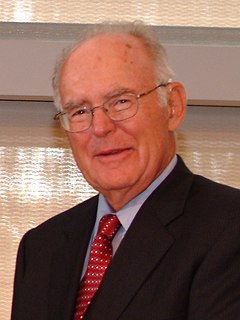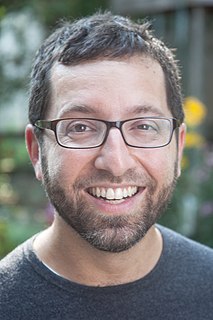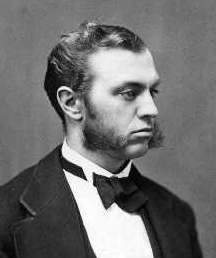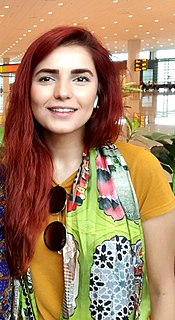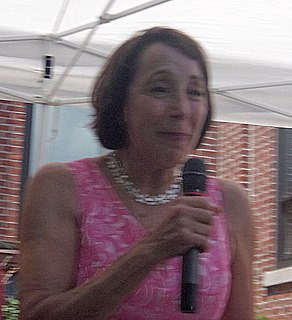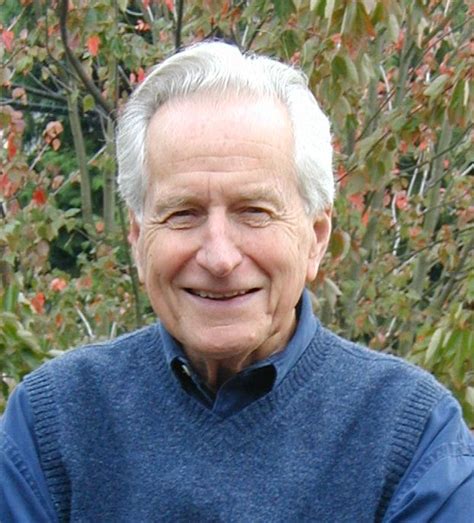A Quote by Mario J. Molina
In 1960, I enrolled in the chemical engineering program at UNAM, as this was then the closest way to become a physical chemist, taking math-oriented courses not available to chemistry majors.
Related Quotes
There are a few other things that I built when I was at Harvard that were kind of smaller versions of Facebook. One such program was this program called Match. People could enter the different courses that they were taking, and see what other courses would be correlated with the courses they are taking.
Shiv Nadar University has five schools with 16 departments offering 14 undergraduate, 10 master's and 13 doctoral programmes. The demand for engineering courses - computer science, engineering, electronics, communication engineering, mechanical engineering - is slightly on the higher side compared to other engineering courses.
In colleges, there are no gender separations in courses of study, and students can freely choose their majors. There are no male and female math classes. But women generally choose college courses that pay less in the labor market. Those are the choices that women themselves make. Those choices contribute to the pay gap.
Enlightened social engineering is required to face situations that demand global action now. Education is a long-term solution. Parents and the general public must be reached also Otherwise, children and youth enrolled in globally oriented programs may find themselves in conflict with values assumed in the home. And then the educational institution frequently comes under scrutiny and must pull back.
The feeling persists that no one can simultaneously be a respectable writer and understand how a refrigerator works, just as no gentleman wears a brown suit in the city. Colleges may be to blame. English majors are encouraged, I know, to hate chemistry and physics, and to be proud because they are not dull and creepy and humorless and war-oriented like the engineers across the quad. And our most impressive critics have commonly been such English majors, and they are squeamish about technology to this very day. So it is natural for them to despise science fiction.
When I got to college, I planned to be a math major, and, in addition to signing up for some math courses, I decided to take some philosophy. Quite by chance, I took a philosophy of science course in which the entire semester was devoted to reading Locke's Essay. I was hooked. For the next few semesters, I took nothing but philosophy and math courses, and it wasn't long before I realised that it was the philosophy that really moved me.


